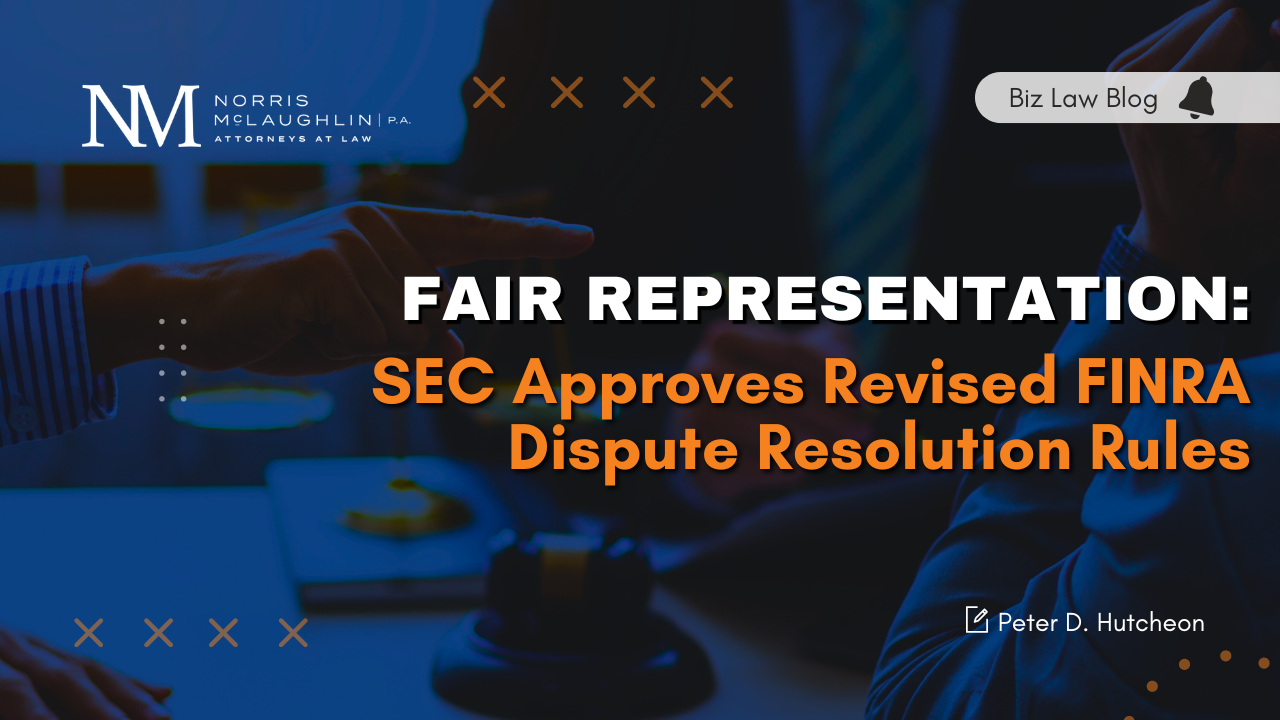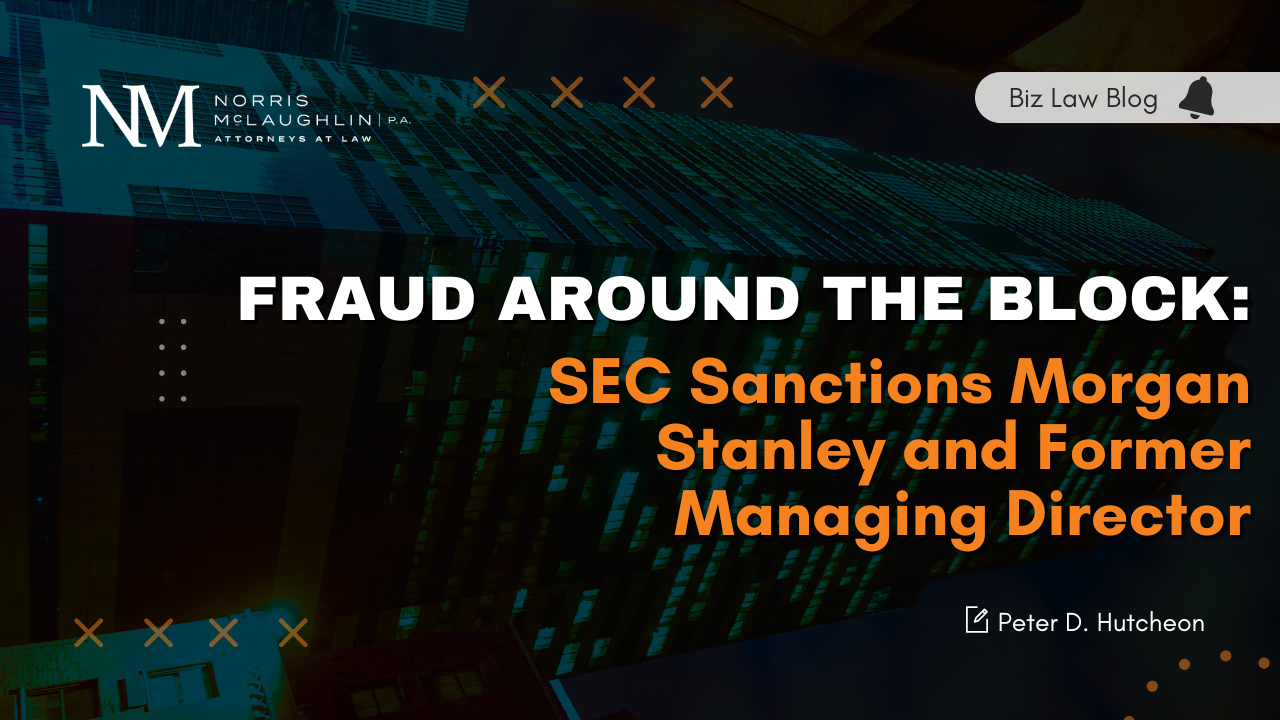Can the Government Really Shut Down My Business and Make Me Stay Home? Questions Answered Relating to Declarations of Emergency Due to Coronavirus

As companies face shutdowns and citizens are encouraged to stay home due to the coronavirus (COVID-19), businesses and people may be asking questions, such as can the government really do that? Those who followed China’s response to the outbreak—which involved using martial law to keep millions of citizens in their home—would have seen references in those stories western democracies being unable to use such extreme measures. Yet, it may now seem to some that our own democratic leaders are doing just that (and should be). Can they?
The short answer is yes, they can.
But fear not, because you are not likely to see tanks rolling down the streets enforcing martial law. There remain strong protections for citizens, even in times like these, preventing arbitrary government action. Unlike the famous Dunder Mifflin manager Michael Scott “declaring” bankruptcy in a building parking lot, when Governor Murphy declared a state of emergency in New Jersey he did not simply open the window of his office, shout “this is an emergency!” and then start issuing a list of edicts. His authority, and that of any executive, is restricted by the laws authorizing such a declaration.
A brief review from civics class:
To prevent abuse, the power to make laws, enforce laws, and interpret laws are separated into three branches, i.e., the legislative, executive, and judicial branches. That means the governor cannot simply do what he wants (like a king or dictator), even if he feels those actions are best for the people. He must do only those things which comply with the laws enacted by the legislature (as interpreted by judges). So upon declaring a state of emergency, Governor Murphy—and any other executive declaring an emergency—issued a series of executive orders invoking specific New Jersey legislative enactments. Those statutes pre-authorized the executive branch (which the Governor heads) to take certain, specific actions when the state is facing an emergency.
Most declarations of emergency in recent memory pertain to snowstorms or hurricanes. In those instances, the State invoked more familiar provisions of the statutes governing declarations of emergency, including freeing up money earmarked for emergency use; calling on the national guard to help with the effects of the storm; and allowing the police to redirect traffic. But the Governor’s statutory powers during an emergency are broad, flexible, and include the ability to “make such orders. . . as may be necessary adequately to meet the various problems presented by any emergency,” including “[t]he designation of vehicles and persons permitted to move during. . . emergency,” “[t]he conduct of the civilian population during the threat of and imminence of danger or any emergency,” and “[o]n any matter that may be necessary to protect the health, safety and welfare of the people. . . .” N.J. S.A. App. A:9-45. Violations of these orders are considered a disorderly person offense and may be punished by up to 6 months imprisonment, a $1,000 fine, or both.
In response to coronavirus questions:
Governor Murphy also invoked a provision of New Jersey law not implicated by other types of natural disaster called the “Emergency Health Powers Act,” which provided additional authorization for control over medical facilities, the distributions of medical resources, and authority to “identify areas that are or may be dangerous to the public health” and cause “movement of persons within that area to be restricted, if such action is reasonable and necessary to respond to the public health emergency.” N.J.S.A. § 26:13-9. The same law allows the State to “[r]equire the vaccination of persons as protection against infectious disease;” and although the vaccine cannot be “administered without obtaining the informed consent of the person to be vaccinated,” the state may require quarantine for “persons who are unable or unwilling to undergo vaccination. . . .” N.J.S.A. § 26:13-14. And the same law states that no public entity or its agents are “liable for an injury caused by any act or omission in connection with a public health emergency, or preparatory activities. . . .” N.J.S.A. § 26:13-19
So, can the government shut down your business and make you stay home?
Yes. And they can vaccinate you, quarantine you, and are immune from suit for doing any of those things.
There are, however, other avenues and considerations of which businesses and employees should be aware during these times. Many contracts contain force majeure clauses, which businesses should analyze to determine if they apply to coronavirus-related shutdowns, especially those mandated by the Governor’s recent executive order. Others may consider whether they have insurance coverage for a business interruption caused by the government-mandated shutdown. Employees and employers alike should keep abreast of the changing legal landscape surrounding paid sick leave.
Above all else, in these troubled times, we expect our clients to have many, many questions about how the coronavirus affects business. The attorneys at Norris McLaughlin have the experience and expertise to help you find the answers and help its clients and their businesses endure in these turbulent times. If you have any questions about this post or other related issues, please feel free to contact me at naduston@norris-law.com or visit our Coronavirus (COVID-19) Preparedness Resource Center.




